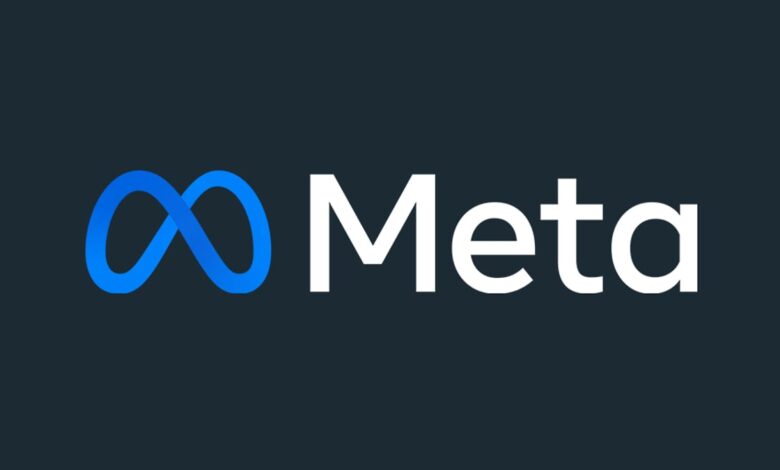Facebook Parent Tells Delhi High Court It Doesn’t Discharge Public Function

Social media platform Facebook (Now Meta) on Thursday filed its response in the Delhi High Court on the petition related to the suspension of social media accounts.
Meta said that it is a private entity and does not discharge public function and therefore the jurisdiction of the High Court cannot be invoked against it. Meta opposed the petition and sought its dismissal without going into the merit of it.
An affidavit filed on behalf of Meta stated that the petitioner improperly sought to invoke this court’s jurisdiction against it.
The affidavit filed in the matter of Wokeflix said that Meta is not obligated to carry out a public duty and the Government does not control the management and day-to-day functioning of it.
It was also stated that the petitioner’s Instagram account was reactivated within 72 hours of being disabled. Meta provided with an opportunity to appeal the alleged actions taken against their account as they received a notice to appeal within 30 days. The opportunity before the action taken, as claimed by the petitioner, is contrary to law, which only requires intermediaries to provide an opportunity to appeal after the action has been taken, according to Rule 4 (8) of the Information Technology (Intermediary Guidelines and Digital Media Ethics Code) Rules 2021.
The High Court was hearing the petitions moved by Dimple Kaul, Suyash Deep Rai, Jasdeep Munjal, Wokeflix, Rachit Kaushik and Senior Advocate Sanjay Hegde. The petitioners have challenged the actions of suspension of their accounts by social media giants including Twitter, YouTube and others.
The petitioner called the action arbitrary and against the law and the Constitution. Their grievance is that their accounts were suspended without affording an opportunity for a hearing.
,






